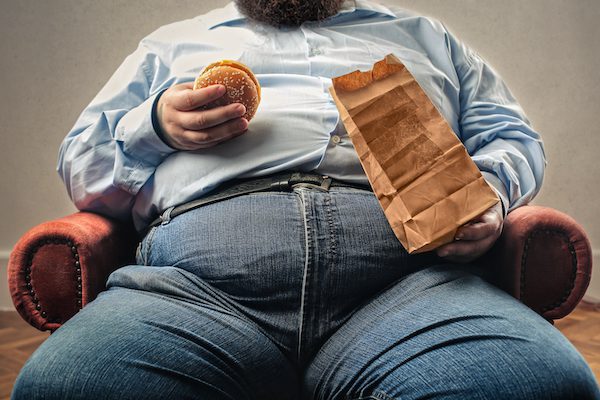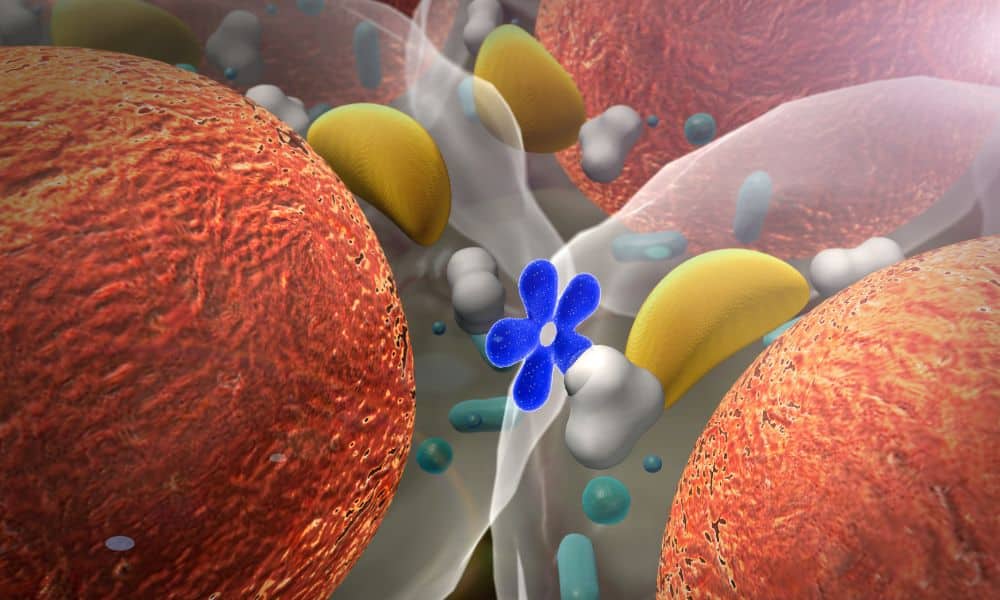Would you like to know more about how to treat an overeating addiction? You’re not alone! The National Institute on Alcohol Abuse and Alcoholism considers about one-third of American adults “overeaters.” But what does that mean? And how can you overcome this habit and start living a healthier life? Keep reading to find out.
We often view overeating as simply eating too much, but it’s a lot more complex than that in reality. For many people, overeating is an addiction. And just like with any other addiction, it’s essential to treat it if you want to overcome it. So don’t be afraid to ask for help–plenty of resources are available if you need them.
When most people think about addiction, they probably think about drugs or alcohol. However, addiction can also include behaviors like overspending, gambling, and compulsive overeating. If you’re struggling with overeating, you must recognize that you’re not alone and that addiction treatment may help. Don’t make the mistake of thinking you can overcome overeating on your own – get help from a professional.

Why Do People Overeat?
There are many reasons people overeat. It may be because of emotional difficulties, such as stress or anxiety. It could also be a way to cope with difficult life circumstances, such as the death of a loved one. For some people, overeating is simply a bad habit that they’ve developed. No matter the reason, seeking help is essential if you’re struggling.
Overeating can also be a physical addiction. When you overeat, your body releases chemicals that give you a temporary feeling of pleasure or satisfaction. Unfortunately, you may need to eat more and more food to get the same pleasure. Also, this can lead to an unhealthy relationship between food and weight gain.
If you’re struggling with overeating, it’s essential to seek help from a professional. Addiction treatment can be very effective in helping you overcome your addiction and develop healthy eating habits. There is no shame in seeking help–addiction is a severe disease you should treat just like any other chronic illness.
What Are Some Costs of Overeating?
If you’re like most people, you probably overeat occasionally. Maybe you had a big dinner because you were starving, or perhaps you couldn’t resist temptation and indulged in your favorite dessert. Whatever the reason, overeating can have some pretty severe consequences.
One of the most apparent costs of overeating is weight gain. You store the excess as fat when you consume more calories than your body needs. Also, this can lead to obesity, which puts you at risk for various health problems, including heart disease, diabetes, and joint pain.
Overeating can also cause indigestion and heartburn. When you overeat, your stomach has to work overtime to digest all the food, leading to discomfort. Overeating fat or sugar can also trigger heartburn by irritating the lining of your esophagus.
Overeating can also cause fatigue. When you eat a lot of food, your body has to use more energy to digest it. Also, this can leave you feeling tired and sluggish.
Overeating can also cause an expensive food and dining bill. If you frequently overeat, you may spend more money on food than you can afford. Also, this can cause financial stress and strain your budget.
We also linked overeating to mental health problems, such as anxiety and depression. For example, when you overeat, your body releases hormones that can make you feel stressed and anxious. Also, this can lead to emotional eating, worsening your mental health.
What Are the Warning Signs of Overeating?
There are several warning signs you may be overeating. Also, this is a red flag if you’re eating large amounts of food, even when you’re not hungry. Other warning signs include eating quickly, eating until you feel uncomfortably full, and hiding food from others. If you’re experiencing any of these warning signs, seeking help is essential.
Overeating can lead to serious health problems like obesity, type II diabetes, and heart disease. So it’s essential to seek help if you’re struggling with overeating to avoid these serious health complications.
Why is overeating the symptom, not the cause?
The problem with overeating is that it’s just a symptom of a more significant issue. Overeating doesn’t happen in a vacuum–other factors are usually at play, such as emotional difficulties or an unhealthy relationship with food. To stop overeating, you need to address the underlying causes.
Treating overeating as an addiction can be very effective. Addiction treatment can help you develop healthy coping mechanisms and better relationships with food. It can also help you address any underlying emotional issues contributing to overeating.
If you’re struggling with overeating, seek help. Many resources are available, and addiction treatment can be very effective. But, don’t overcome this addiction alone–get help from a professional and start living a healthier life today.
What Are the Treatment Options for Overeating?
If you’re struggling with overeating, there are many treatment options available. One option is to seek help from a professional, such as a therapist, counselor, or doctor. They can help you identify the underlying causes of your overeating and develop a plan to overcome it.
Another option is to join a support group. Also, this can provide you with much-needed support and encouragement from others who are struggling with the same issue. Many types of support groups are available, so you will find one that’s a good fit for you.
Besides professional help and support groups, many self-help resources are available. These resources can be beneficial in giving you the tools you need to overcome your addiction. In addition, many books, websites, and articles can offer helpful information and guidance.
How Can Intermittent Fasting Help Treat Overeating?
Intermittent fasting is a diet involving cycles of fasting and eating. This diet can effectively treat overeating because it can help you control your urges and cravings.
When you fast, your body goes into a state of ketosis, which helps to reduce your appetite. Intermittent fasting can also help you develop healthier eating habits. If you’re struggling with overeating, intermittent fasting may be a promising treatment option.
Intermittent fasting resets your body’s relationship with food. As a result, it helps to control your urges and cravings, and it can also help you develop healthier eating habits. In addition, by putting your body on a schedule, you can focus on other things without getting distracted by food.
How Can Noom Help with Overeating?
Noom is a weight loss app that can help you overcome your overeating addiction. Noom provides personalized meal plans and articles to help you make healthy choices. The app also has a built-in support system, so you can connect with other users struggling with the same issue.
If you’re looking for an app to help you stop overeating, Noom is an excellent option. It’s easy to use and provides you with the tools you need to make healthy choices. Noom also addresses the underlying behaviors and emotions that cause overeating. With Noom, you can finally overcome your overeating addiction and live healthier lives.
The Last Word on It’s a Big Mistake Not to Treat Overeating as an Addiction
Overeating can be just as addictive as drugs or alcohol, and it’s time to treat it that way. By recognizing overeating as an addiction, we can provide support and treatment for those affected by it. If you or someone you know is struggling with overeating, please reach out for help. There are many resources available, and recovery is possible.




